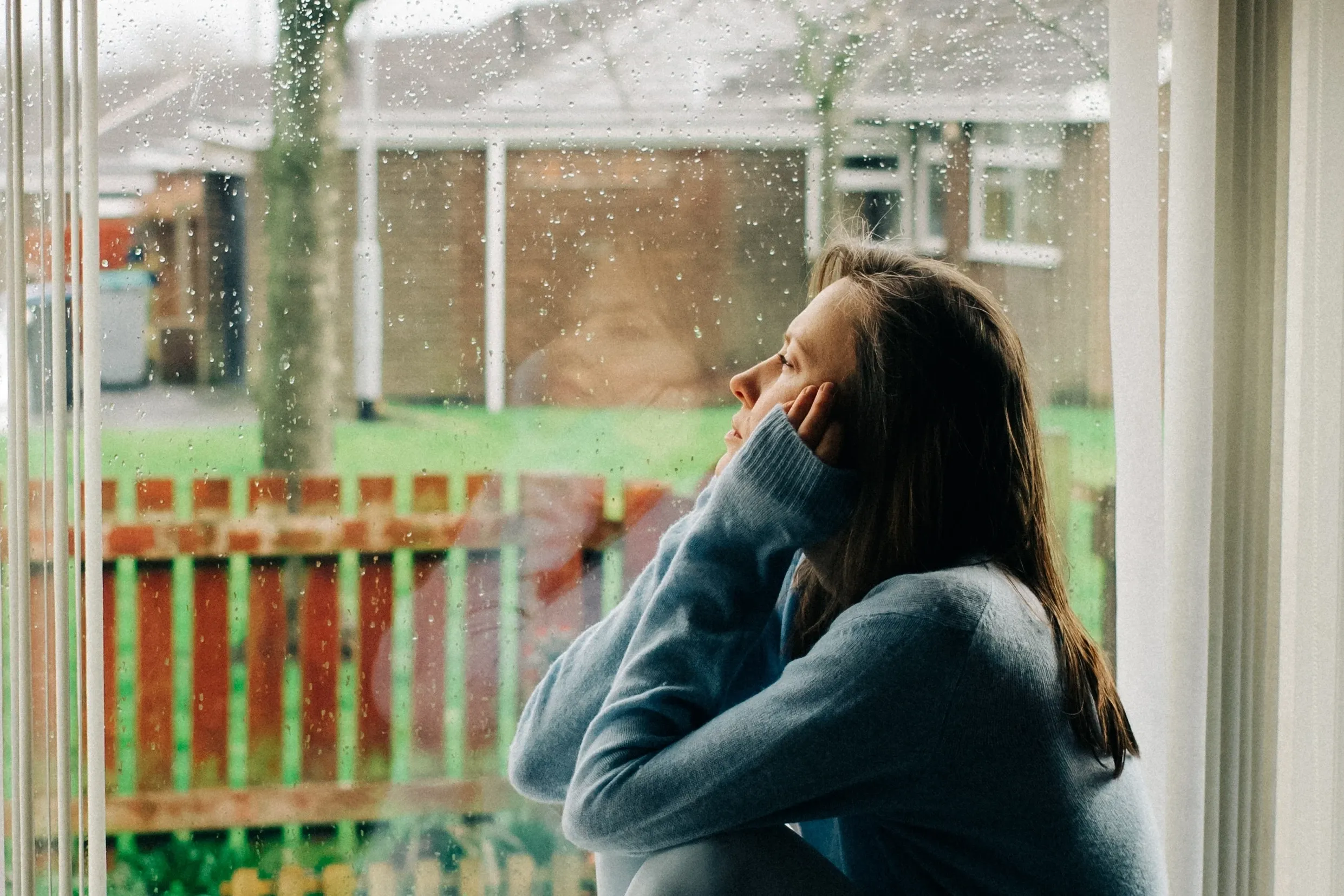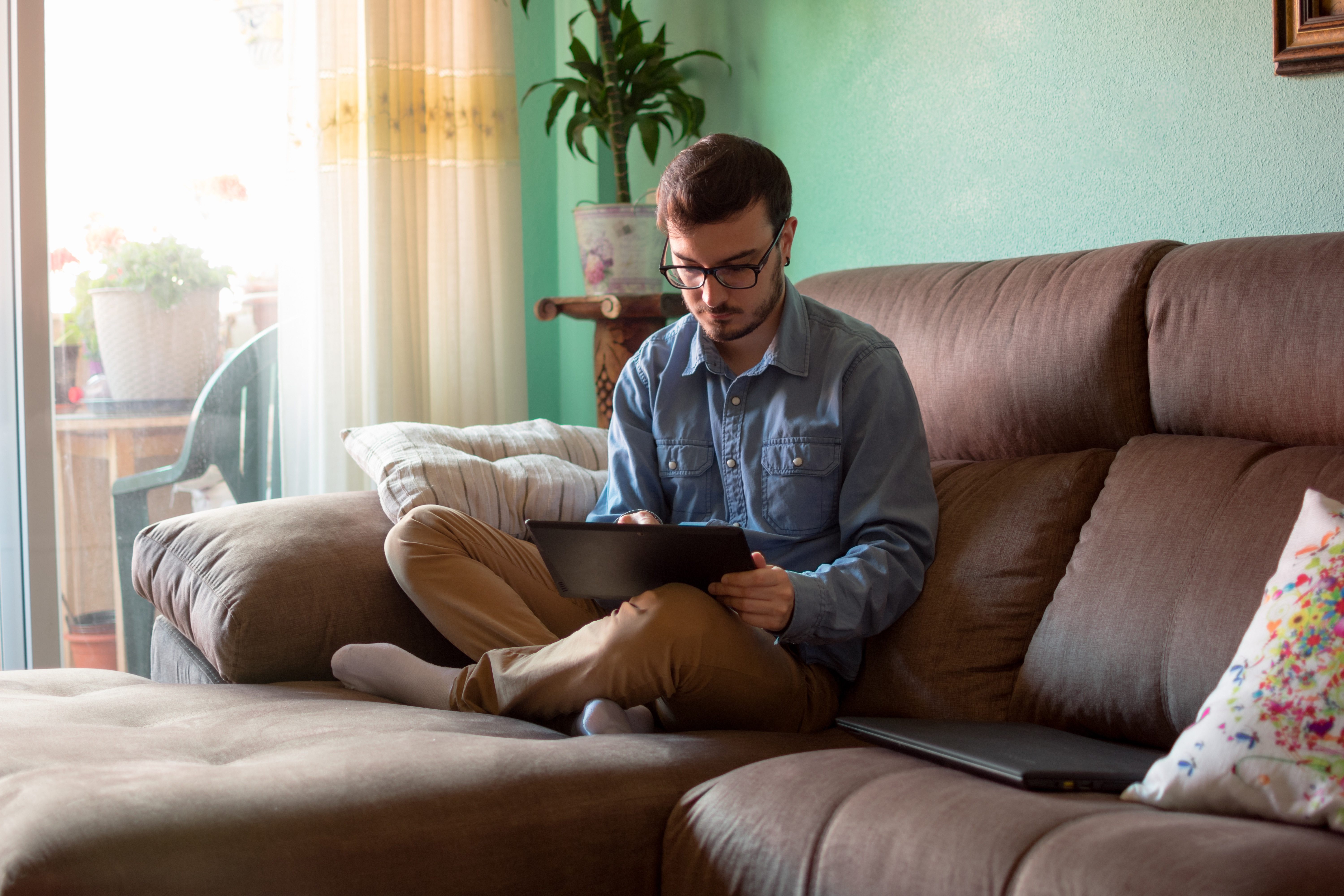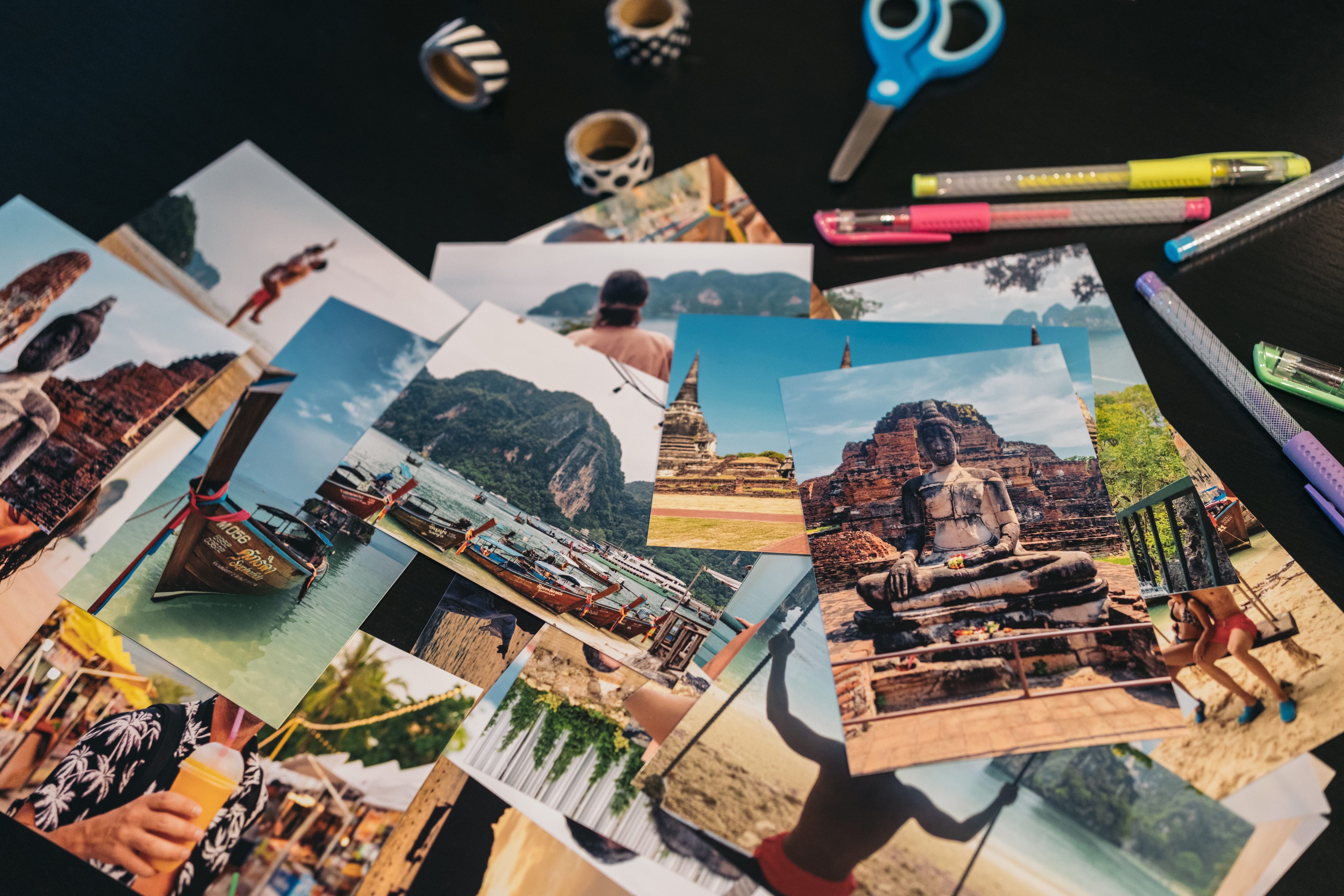Top tips to beat Post-Holiday blues
If you have ever experienced feeling down after coming back from a holiday or travel experience, you are not alone. So many people experience post-holiday blues that scientists have recently delved into the phenomenon more deeply. It is now officially recognised as a psychological reaction known as post-vacation syndrome (PVS).
What are post-holiday blues?
Post-vacation-syndrome – also called post-holiday blues or post-holiday depression – is when one experiences feelings of depression and/or anxiety after a vacation. It can also manifest as irritability, listlessness, difficulty concentrating, and sleep issues, i.e., insomnia or sleeping too much.
In the past, most research focused on depression occurring during holidays. However, there has been an upsurge in post-holiday depression in recent decades. Consequently, scientists have begun to devote more attention to it. In 2015, a National Alliance on Mental Illness survey found that 64% of participants had experienced post-holiday blues.
What causes post-holiday blues?
Mental health professionals believe several factors can trigger post-holiday blues. However, most experts think transitioning from a holiday to everyday life can cause an adrenaline crash that accounts for the syndrome.
There are two sides to this coin. On the one hand, some people find the holidays highly stressful. Financial pressure, family friction, and reminders of lost loved ones can create emotional distress. Furthermore, the holidays tend to be a time of sheer abandon in health terms. Psychological stressors, rich food, alcohol consumption, late nights, and busy days can leave one feeling drained after a vacation.
However, travellers returning from a life-changing trip away may experience post-holiday depression for a different psychological reason. They may share the overindulgence factor with people who struggle with stressful vacations. However, unlike people who become emotionally overwhelmed during holidays, these individuals miss the exhilaration of the experience. One traveller says, 'When you travel, you grow really fast. You learn so much about yourself and other people and cultures. Once you see different parts of the world, you are never the same again. But then you come home and everything and everyone around you is exactly like when you left. You feel this sense of emptiness you can't explain… It's a reverse culture shock.'
Whether you love or hate holidays, returning to everyday life after time away can cause adrenaline to dip significantly. The brain struggles to calibrate after experiencing such dramatically different cultures and environments. This causes the physical and psychological symptoms collectively recognised as post-vacation syndrome.
How long does post-holiday depression last?
Typically, post-holiday blues do not last as long as other depressive states, but the syndrome's length differs between people. Some still experience PVS for months after their holiday. Others find their symptoms so debilitating that they interfere with their work and/or social life. If your post-holiday blues persist for a long time or are unmanageable, contact a mental healthcare professional, organisation, or helpline for advice. They are there to assist!
How to avoid post-holiday blues
Fortunately, there are ways to get over post-holiday blues or even avoid them altogether. Experts suggest these top tips to beat the syndrome.
Better still, consider using solid, plastic-free eco-friendly travel toiletries, like shampoo and soap bars. Not only are these products good for the environment but if you’re flying, they won’t take up any of your liquid allowance
Before
1) Schedule catch-up time
You can also minimise post-holiday depression by using these extra leave days to catch up on work. This may include checking your emails, mulling over problems that may have cropped up, or preparing discussion notes.
2) Manage your expectations
Prepare yourself to be plunged into a different reality for a while, and acknowledge that this may shake you up emotionally and physically. Be aware of your psychological triggers, whether they may be fear of a foreign environment or an abrasive relative. Furthermore, figure out how you would best like to react to such uncomfortable situations ahead of time. Speak to a friend, family member, or mental health professional and map out a game plan for these potential pitfalls.
3) Plan fun things to do when you arrive home
Think of what you would most like to do when you get back from holiday and plan accordingly. For example, put list of favourite movies to watch, or organise a catch-up with your loved ones. Whatever you choose to do, having some plans in place upon your return can help to ease feelings of post-holiday blues.
4) Create an inviting space for your return
Getting back to a mountain of laundry or a sink full of dirty dishes after a holiday can exacerbate post-holiday syndrome. It is naturally tempting to let household chores slide when you are rushing to make final holiday preparations. Nevertheless, remember that getting back to a clean, comfortable space is infinitely preferable!
»Post-holiday blues are a reminder that even the most joyous times are fleeting, but the memories and the connections we make during those times can carry us through the quieter days.«
During
5) Stay off social media
Jennifer Wallace is the author of the Glamour Magazine article entitled The Holiday is Over...Sob. What Now? She advises travellers to keep off social media while they are on vacation. ‘This helps you stay in the moment and relish every beautiful moment of your adventure without being distracted,’ she explains.
6) Follow the 95% rule
A great tip to avoid stress after your holiday is to devote 5% of your time away to work. Check your emails every day or two for any work 'fires' starting. However, applying this rule can be a delicate balance. Addressing problems early is a great way to avoid work issues snowballing. Nevertheless, it is critical to refer concerns to your team on the ground and trust them to address these. If you try to sort them out while away, you have virtually no chance of sticking to the 95% rule.
After
7) Avoid procrastination
It can be tough to kick back into action when you arrive home. When basking in that post-vacation glow, Monday morning can seem far away, particularly if you return a few days early. However, putting things off is the worst thing you can do for your re-entry to reality. Remember why you put those scheduled catch-up times in place and stick to them!
8) Put time aside for people who feed your soul
Make time to reconnect with friends, family, and loved ones at home. You may never be able to communicate fully how mind-altering your journey has been. However, it will help those at home to understand your post-travel depression or elation, whichever side of the spectrum you fall on. And you may even find your revelations make them catch the travel bug too.
9) Bring holiday rituals home
Holidays are a wonderful time to take time out and rediscover what you really love to do. They are also a chance to experience new things that make you feel happy and alive. It is easy to lose those treasures when you return to daily routines and commitments. However, you can also take them back home with you by setting aside time to do whatever fed your soul while away. Read, practise yoga, cook your favourite holiday dish, take a sunset stroll – or do whatever else you most enjoyed on your holiday.
10) Get active
An extensive body of research shows that exercise has significant mental and physical health benefits. These include raising the body’s endorphin levels – the body’s ‘feel-good neurotransmitters’. Therefore, exercise can be an excellent antidote to stress, depression, and anxiety, including post-holiday blues. You do not need to spend hours working out or do high-impact exercise for it to make a difference. Even a 15-minute walk can help to shift your mood.
Why we need holidays
'Holidays are a medical necessity!' says Wallace. Research shows that vacations do more good than harm for most people. The Framingham Heart Study found that taking regular holidays lowers the risk of heart attacks by 32% in men and 50% in women. So take that time off, guilt-free!
Just be sure to arm yourself with the knowledge and tools to diffuse potential PVS should you need them. Additionally, remember that this syndrome usually passes relatively quickly - but unforgettable holiday memories last forever.
Source references:
Psych Central
Youtube - Kristen & Siya
Youtube - CBS News
Sign up for the newsletter
By clicking on “Subscribe now” I will subscribe to the Conscious Explorer newsletter with all the information about mindful travel. Information on the success measurement included in the consent, the use of the shipping service provider MailChimp, logging of the registration and your rights of revocation can be found in our privacy policy.










